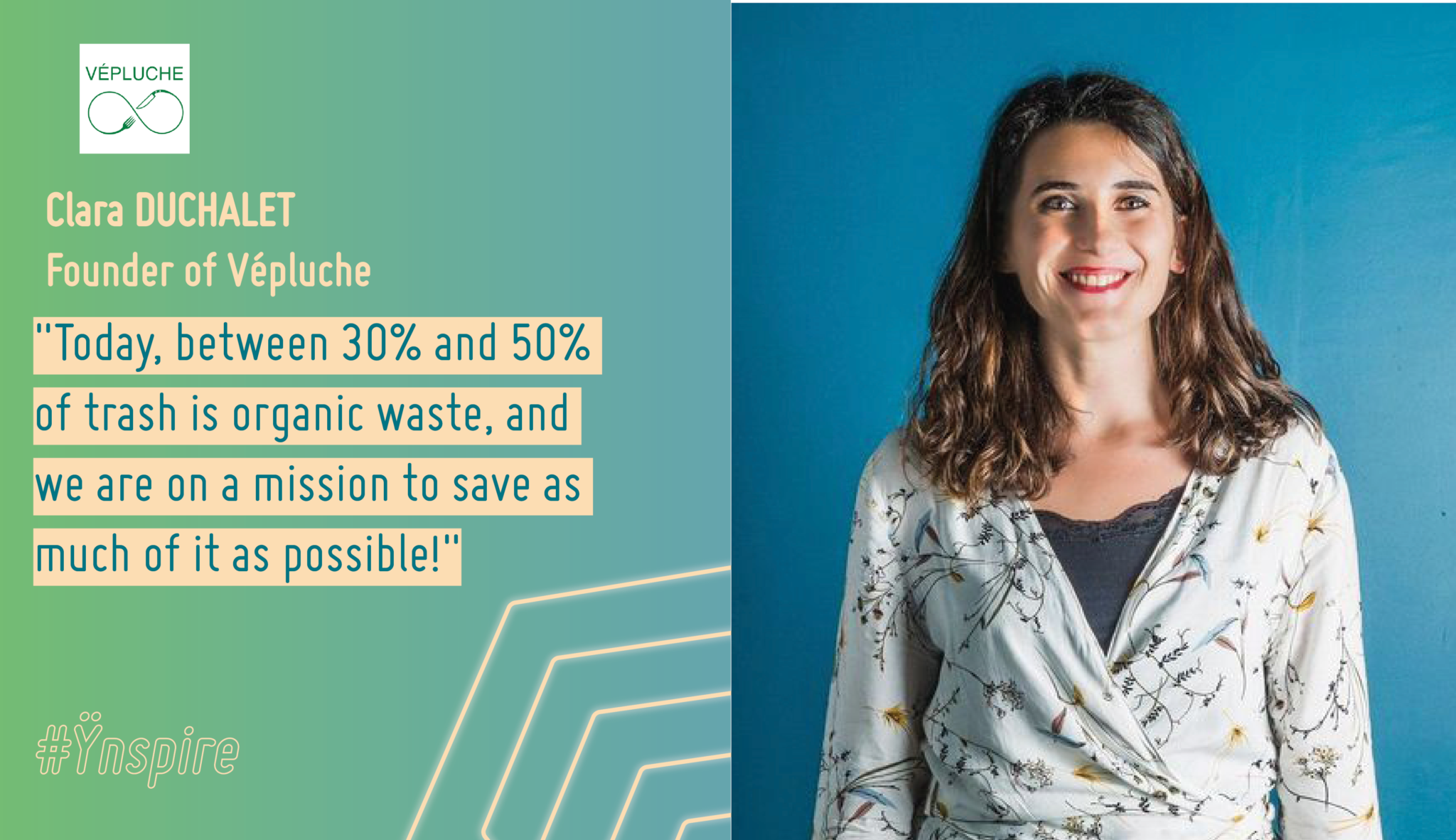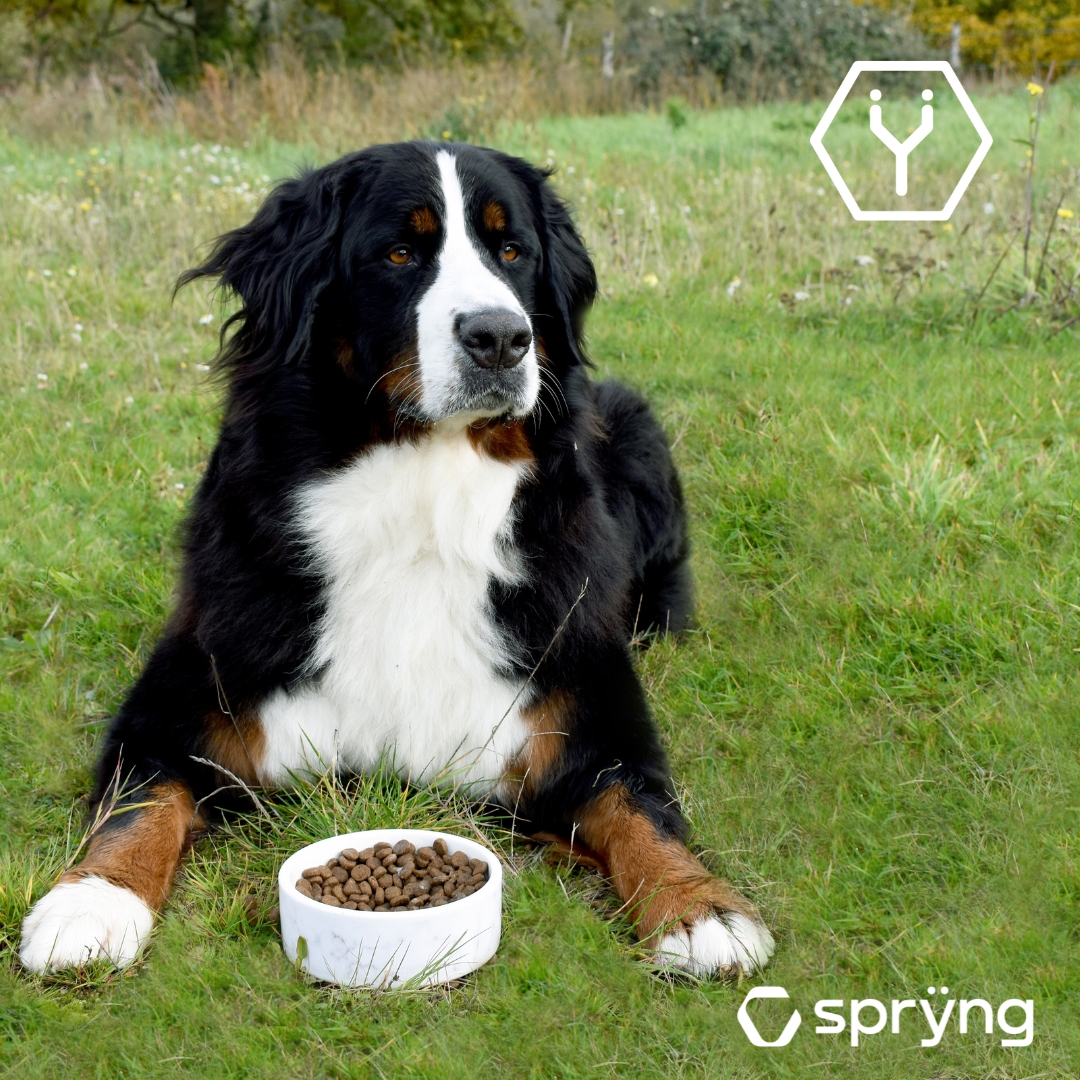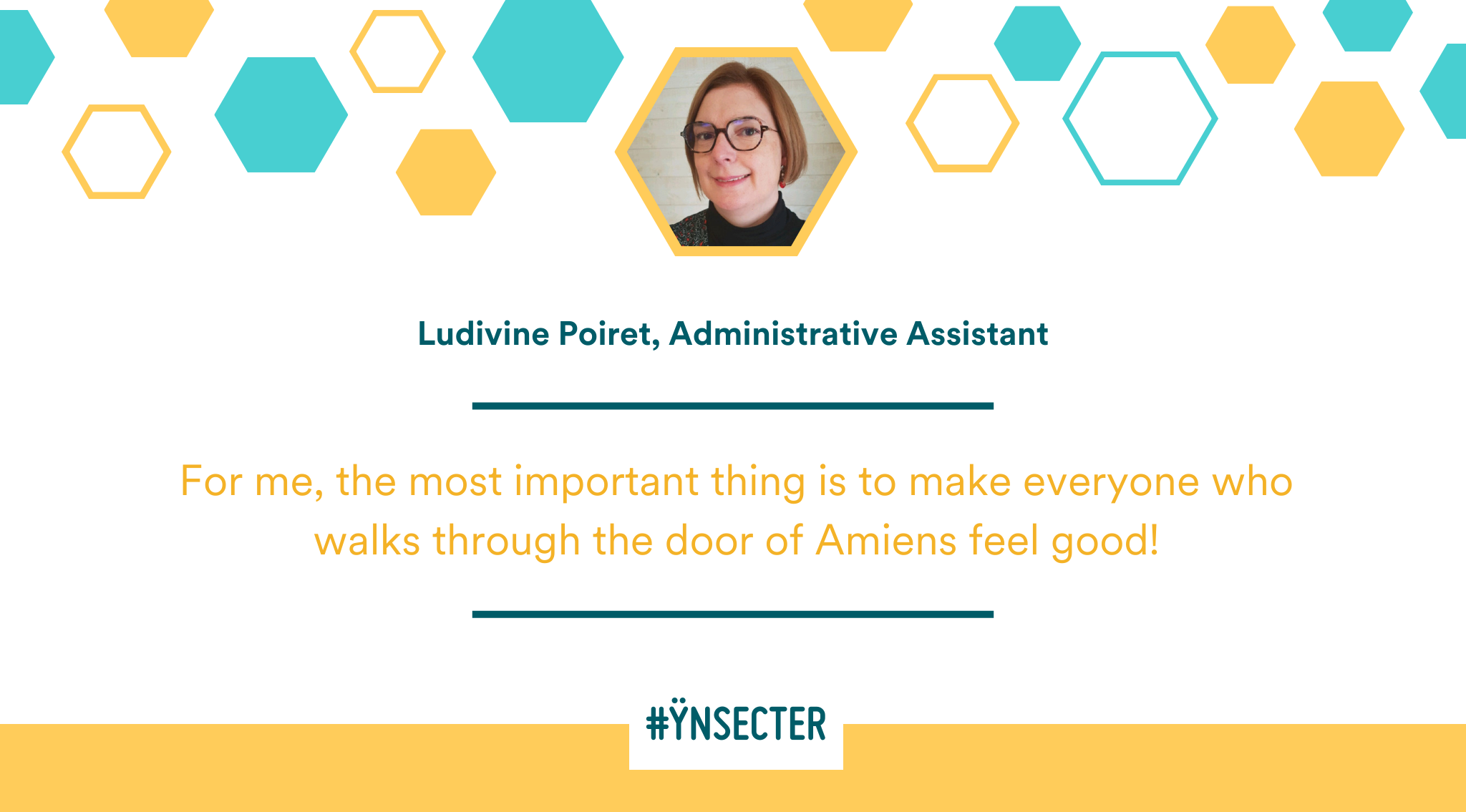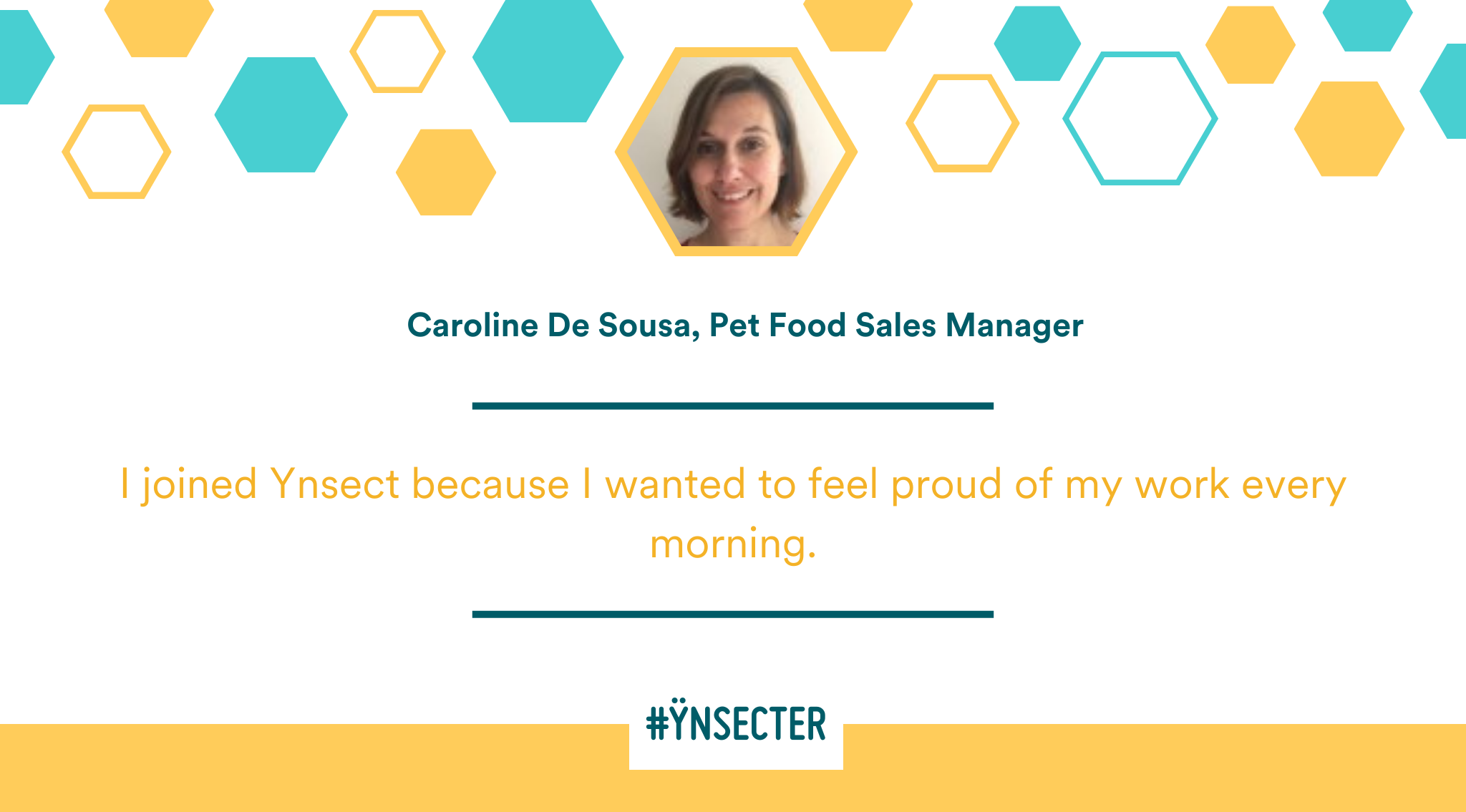Impact guides the daily life of all Ÿnsecters: how can we feed the planet while conserving resources and biodiversity? As our initiatives broaden, we have decided to give a voice to those who are helping to change the world, offer alternatives and increase sustainably. Today, we meet Clara Duchalet, founder of Vepluche, a company remedying the excessive organic waste present in our trash by recycling it into compost or potting soil. We were able to discuss their activity, ambitions and challenges they face, as well as tips to encourage everyone to take action in their daily lives.
Can you introduce your company in a few words?
I often present Vepluche as a circular economy applied to organic waste. Today, between 30% and 50% of trash is organic waste, and we are on a mission to save as much of it as possible! Indeed, simply throwing away organic waste has consequences on the whole system and on our environment: through the trucks that travel to collect them, gas emissions, etc. But luckily, there is a very simple way to remedy this by giving it a second life. We can extract the organic waste and transform it into compost or potting soil! At Vepluche, we don’t just treat kitchen scraps, but also tree branches and waste from florists.
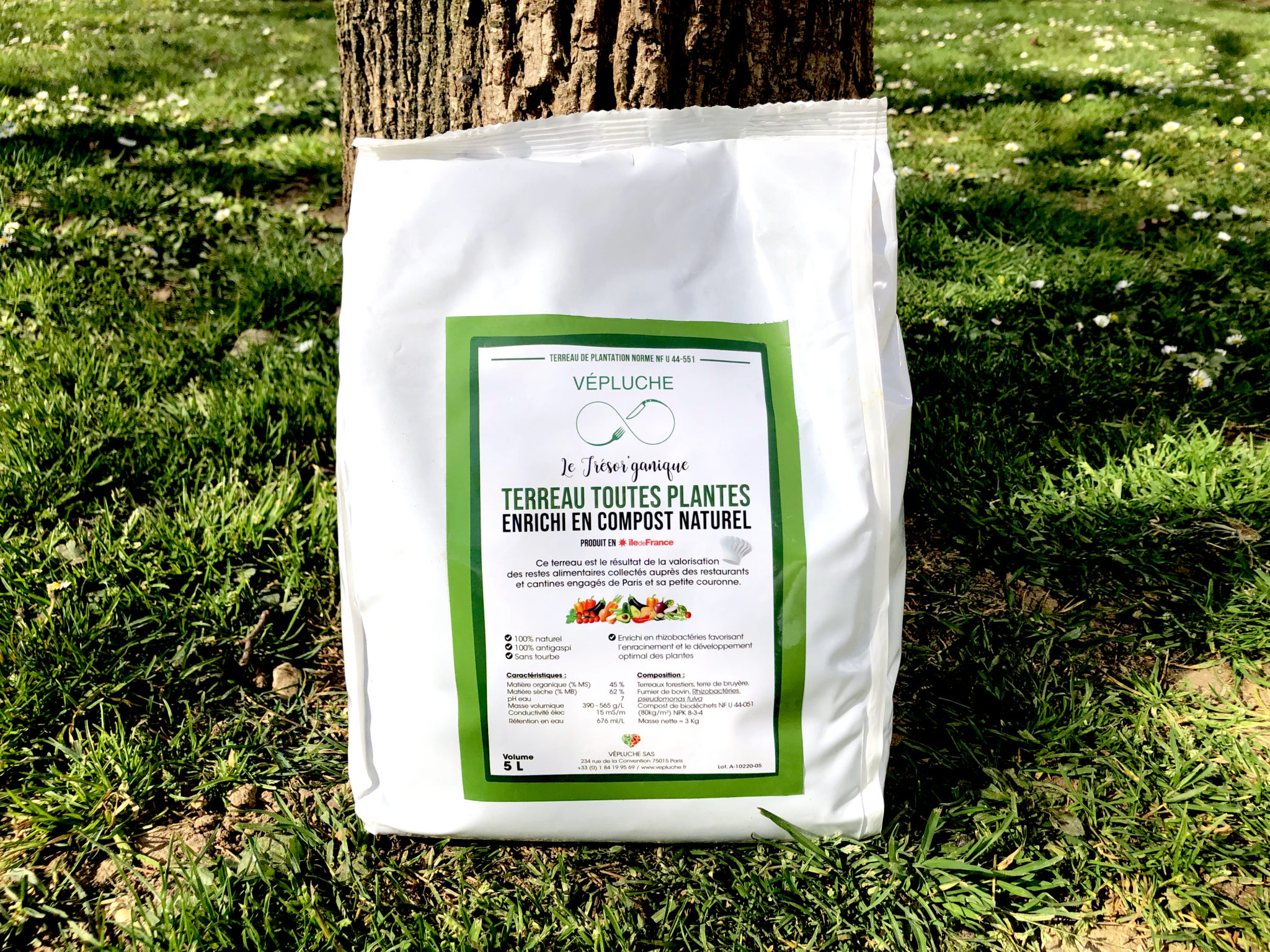
Vepluche was originally a standalone project. What triggered you to transform it into an entrepreneurial adventure?
I come from a family of doctors, so entrepreneurship was not really in my DNA. There was no specific trigger, rather a series of encounters and emotions that made me launch it. I started it at school, in a social entrepreneurship course that I was immediately passionate about. I had never invested as much in a course as I did in that one. In order to get the project off the ground, I met dozens of people who were passionate and motivated by Vepluche’s mission; but it wasn’t until I presented the final idea to a school jury that I realized that it was what I wanted to do. Vepluche was also a way for me to combine the private and public sectors: a company that aims to help the public good!
Where does your conviction to take action come from?
It was a very personal process! While some subjects don’t really affect us, others hit home hard. For me, it was the day I arrived in Paris and threw my kitchen scraps in the garbage for the first time, I wanted to do something about it. Then, I met people who made me take action. It hit me hard and sparked a real passion within me. Without this motivation, I would not have succeeded.
You were part of the first cohort of “Women4Climate”, could you tell us more about this initiative?
Women4Climate was a decisive step for me because it was the first organization that believed in Vepluche. I discovered it by chance while doing some online research. I recognized myself in what they were looking for and I went for it. In my cohort, there were about ten women with very different projects and at very different stages. The aim was to support women who wish to carry out environmental projects, and they really took care of all the communication: we went to trade fairs to present our projects, participated in round tables, etc. They really gave us confidence in ourselves and our projects.
How can restaurants and farmers become your partners? How did you manage to convince them to join?
Our strategy is to go out knocking on doors. We take our bikes and visit restaurants in the area. It’s a technique people really like because it puts a face to the project. In doing this, we realized that a large majority of the restaurant owners we met were concerned about the recovery of organic waste. I met people who couldn’t stand having to throw their scraps in the bin every day. The most complicated part of the process is the price of the vegetables, since everything is based on the supply side: we have to be able to satisfy everyone. For the farmers, things have been more complex because the logistical aspect is not part of their job and many give up on the project because of that.
Vepluche has already created 10 jobs! What values are important to join the company?
The first thing I look for is a passion for our planet: you can be the best salesman, but if you don’t believe in our mission, it won’t work. Here, we are all passionate and extremely motivated by what we do. Then, we see if the candidate shares our three values: commitment, which is in line with our ecological conviction; kindness towards others, because we want everyone to be able to make mistakes and learn from them without fear of judgment; and creativity, because our ideas evolve as we go along, and everyone can participate in their development. These values above all emerge from our everyday work: we have not yet had the opportunity to officially define them. But internally, we have organized a few events to define our DNA and focus on the identity of Vepluche.
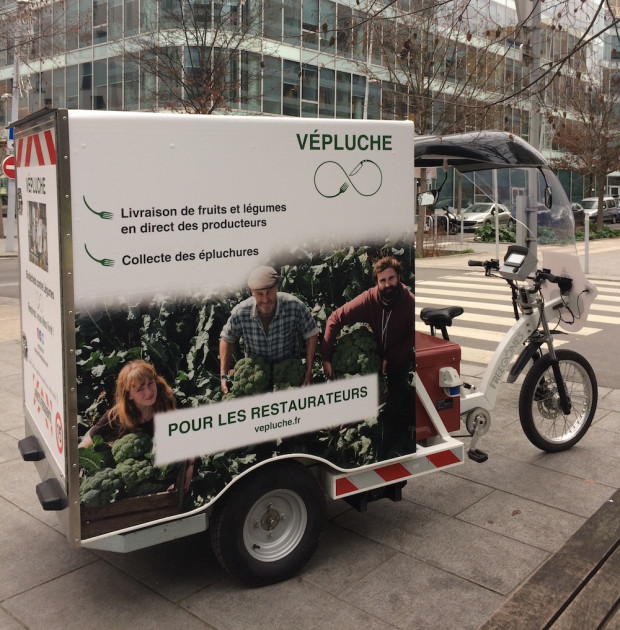
Which of Ÿnsect’s values (explorer, adaptability, solidarity, balance and authenticity) do you feel closest to?
I would say adaptability. Our business has been very impacted by COVID-19 and the different measures that have been taken. When restaurants closed, we had to find solutions to be able to keep working, and even today, we are aware that the vaccination and variants of the virus are all factors that can still affect us. In parallel to the health crisis, we are also aware of the upcoming food crisis. However, we aren’t too worried about this; I don’t believe that all restaurants will collapse. There will always be places to eat and share moments of conviviality. We try to stay optimistic and positive, no matter what!
What are the 3 tips you would give to the public to take action?
I think the first thing to do is ask questions. When you go to a restaurant, don’t hesitate to ask questions about the recycling of kitchen scraps, if only to make the staff ask themselves questions and do something about it. My second tip would be to challenge yourself. We never question our knowledge: a layer of dust has settled on our daily lives. You have to dust it off from time to time because that’s when you change things. I am a great believer in the power of individual impact: consumption is action! My last point would be to understand that everyone can support environmental initiatives: it could be a message on social media to a personal investment. We, for example, have decided to launch a participative fundraising with individual investors to allow us to grow faster.
Today you are concentrating on national efforts. Is an international expansion on the cards?
We are thinking about it! But it’s not our priority. We have just set up our activity in Lyon because it has the second largest amount of restaurants and florists after Paris. In order for Vepluche to work, these two locations must be sufficiently targeted! Our objective is to develop first in all of France’s major cities before launching internationally. In the short term, our objective is to gain more presence in Paris. To do this, we will gradually create hubs all over to expand gradually. But international expansion keeps a place in our mind because we are aware of the bigger picture: organic materials are found in the trash everywhere!
If you want to support Vepluche in their fundraising, click the link:

